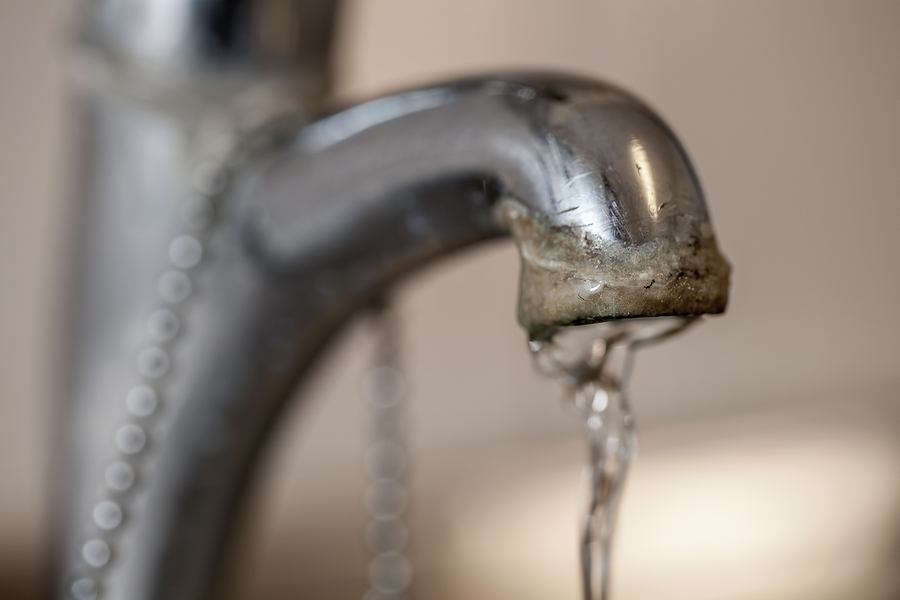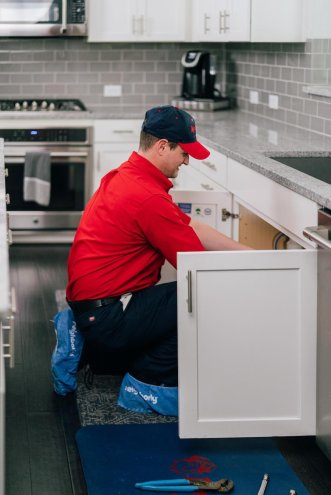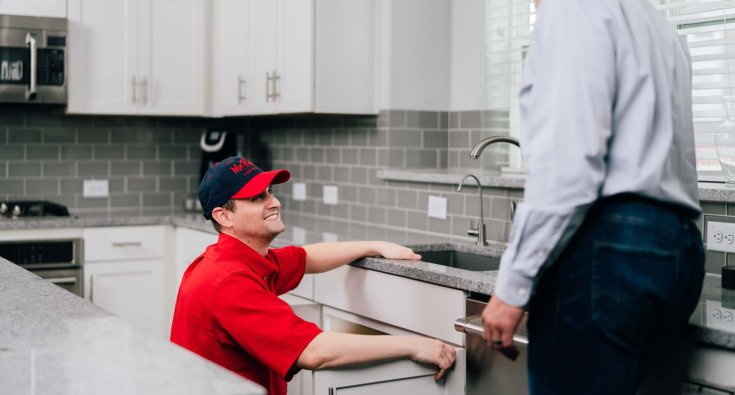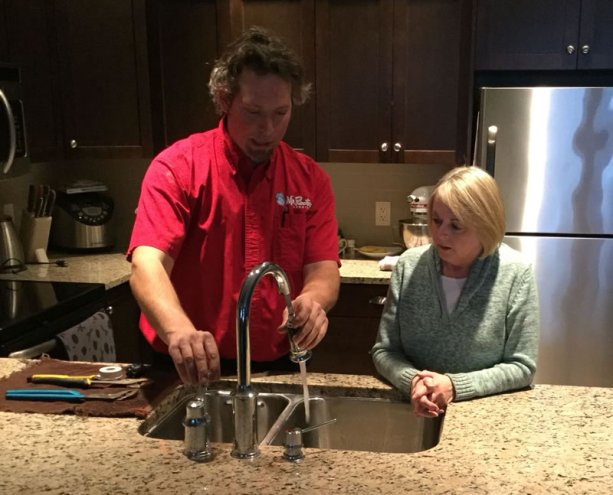Call This Saturday to get $50 Off
Call us Now to Get $50 OFF.
Ratings based on 1562 reviews
Local Plumbers, Local Reviews
Call This Saturday to get $50 Off
Call us Now to Get $50 OFF.
Ratings based on 1562 reviews
Local Plumbers, Local Reviews

Picture this: you’re mid-shower, shampoo in your hair, and suddenly, the water pressure drops to a feeble dribble. Frustrating, right? Low water pressure is more than just an inconvenience though; it can signal deeper plumbing issues that need your attention.
In this brief article brought to you by Mr. Rooter Plumbing, we shed light on some common causes of low water pressure, why it happens, and what you can do about it before your morning routine becomes a full-blown headache.
If you’d rather have a trained plumber investigate the issue and get to the root of the problem, then call Mr. Rooter Plumbing to schedule a convenient appointment or request urgent assistance today. We are ready when you are.
Water pressure refers to the force at which water flows through your pipes and out of your fixtures. It’s measured in pounds per square inch (PSI). For most homes, ideal water pressure is between 40 and 60 PSI. Anything below that range can make tasks like washing dishes, running appliances, or enjoying a proper shower frustratingly inefficient.
There are many reasons your water pressure might dip, and they range from minor annoyances to serious plumbing problems. Here’s a breakdown of the usual suspects:
The good news is that many causes of low water pressure are fixable. Here’s how to tackle the issue:
If you’d rather leave the troubleshooting to an experienced plumber, then contact Mr. Rooter Plumbing for quick and affordable plumbing service in Richmond Hill, GA. Our team is on standby to take your call or message at any time of the day – or night.

Homeowners often feel tempted to perform quick, temporary fixes when a kitchen plumbing problem emerges. A loose faucet, a slow-draining sink, or a…
Read More
A kitchen can look spotless on the surface and still feel off, as if something unpleasant lingers no matter how often the counters…
Read More
Plumbing lines play a crucial role in the functionality of residential and commercial properties. Unfortunately, most people rarely think about their plumbing and…
Read More
Water heaters are among the hardest-working appliances in any home, supplying hot water for bathing, cleaning, and daily routines. Yet many homeowners overlook…
Read More